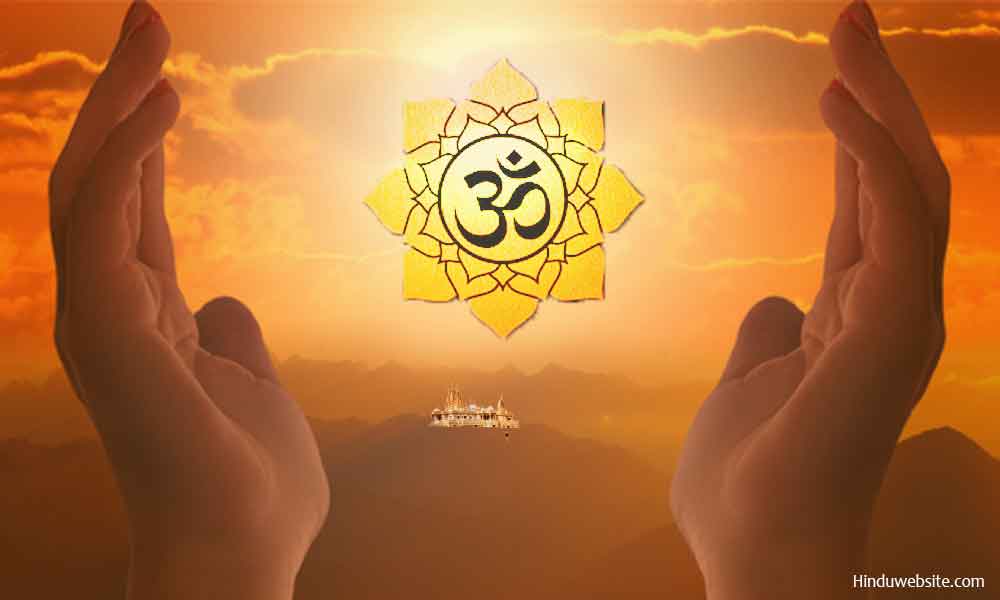
Four Unique Facts About Hinduism

One can say a great deal about the uniqueness of Hinduism or its cultural, philosophical or spiritual importance. It has many shades and hues. In terms of historicity, diversity, depth of philosophy, spirituality and literature or its value to the practitioners, only Buddhism is comparable to it. I have been studying and writing about Hinduism for nearly 50 years now, but I keep learning every day. Therefore, although I can quote several I will mention here just four unique facts about Hinduism.
1. Hinduism is inclusive
Hinduism is not a missionary religion. Its scriptures encourage propagation of divine knowledge, but do not encourage conversions because of the belief that one comes to its eternal Dharma by birth, by karma or by free choice. Therefore, in Hinduism there is no place for propaganda, enticement or proselytization to convert people of other faiths. Historically, it never conquered other countries through wars, forced conversions or suppression of other faiths. Its beliefs also support the idea. According to them the Supreme Lord, Brahman, is one and only, but the wise ones call him by many names and he can also be approached through multiple paths since all paths lead to him only. In the Bhagavadgita, the Lord says in whatever way he is worshipped he will manifest accordingly to his devotees.
2. Hinduism is resilient
Hinduism faced many upheavals in its long history of nearly three to four millenniums. For the most part it was under the control of rulers who practiced different faiths. It is not an organized religion. It has no central authority like an ecclesiastical church. Yet, it survived to become the oldest, continuing religion of the world with a following of over 1.25 billion people, not just in India but in several countries. India was subject to many foreign invasions. Since medieval times, and until India’s independence, the land was mostly under foreign rulers, who frequently subjected the native people to persecution, oppression and discrimination and forced conversions. Yet, despite their poor conditions and lack of education, they mostly stuck to their ancestral faiths. This was unique. It did not happen anywhere else in the world.
3. Hinduism offers many choices to its practitioners
Hinduism is not rigidly doctrinal. It does not intimidate you with the prospect of eternal damnation or condemnation, if you do not follow it or make your own choices. It gives freedom to people to make their own decision, since karma is one of its core doctrines which puts the onus of living responsibly upon people themselves. Hence, they can choose their own gods and paths or approaches to work for their liberation or practice their devotion. The Supreme Lord of Hinduism personifies selfless and desireless actions. He facilitates the orderly progression of the world, through natural laws, but does not sit in judgment over people. He responds to their devotion but not does not interfere in their lives without their calls for help. The doctrine of karma ensures that people take responsibility for their lives and live ethically and dutifully, playing their part in upholding the divine laws as ordained by him as a part of his duty to uphold the eternal Dharma.
4. Hinduism is simple to practice despite its complexity
Hinduism is difficult to understand, yet not so difficult to practice. It has innumerable scriptures and diverse philosophies which even knowledgeable scholars find difficult to grasp without help from a teacher or a guru or studying the commentaries and interpretations. Its historical development and presence of diverse sects, teacher traditions, ascetic movements and philosophies make it very complex even for the most discerning. Yet, it is not difficult to practice, since it offers simple and straight forward approaches to people of all backgrounds to practice it in the comforts of their own surroundings. Most of them are described in detail in the Bhagavadgita. According to it, even the most sinful ones can attain liberation through unwavering faith (shraddha), knowledge (jnanam) and exclusive devotion (ananya bhakti) to God and by selflessly performing their obligatory duties without desires and attachments and renouncing their results. God can easily be pleased with simple, pure and plain-hearted love and exclusive devotion.
Suggestions for Further Reading
- Ten Distinguishing Features Of Hinduism
- The Ten Foundational Pillars of Hinduism
- The Ten Main Duties (dharmas) in Hinduism
- The Ten Iconic Symbols of Hinduism
- Dvaita or Advaita What is the Truth?
- Fifty Shades of Karma
- Hindu Marriage Laws For People Who Live Abroad
- Understanding Death and Impermanence
- Is God in Hinduism Male or Female?
- Some Thoughts on Image Worship or Idol Worship
- The True Essence of the Hindu Way of Life
- Life’s Lessons from Mother Nature
- The Symbolism of Time or Kala and Death in Hinduism
- Maya in the Bhagavadgita
- Me, Myself and Maya
- The Nature of Consciousness
- The Self or Soul As Pure Consciousness
- Gods and Humans: The Right Way to Worship Our Gods
- The Meaning of Vedanta and Siddhanta Explained
- Essays On Dharma
- Esoteric Mystic Hinduism
- Introduction to Hinduism
- Hindu Way of Life
- Essays On Karma
- Hindu Rites and Rituals
- The Origin of The Sanskrit Language
- Symbolism in Hinduism
- Essays on The Upanishads
- Concepts of Hinduism
- Essays on Atman
- Hindu Festivals
- Spiritual Practice
- Right Living
- Yoga of Sorrow
- Happiness
- Mental Health
- Concepts of Buddhism
- General Essays